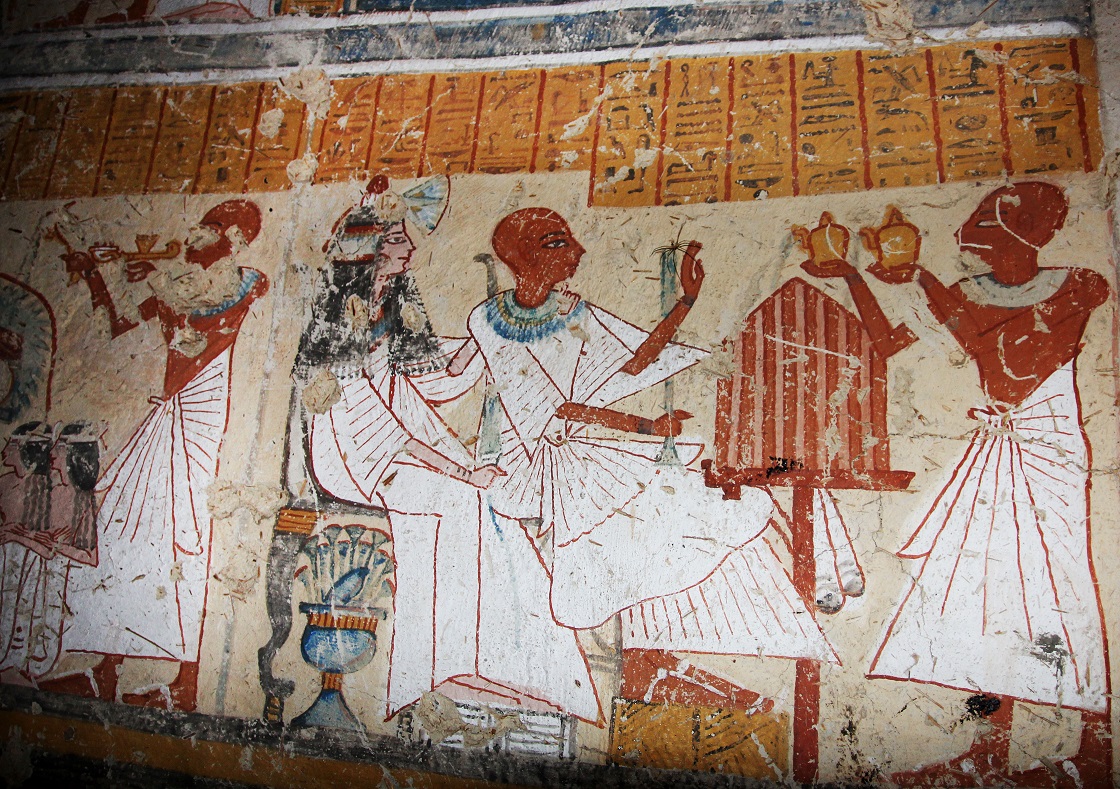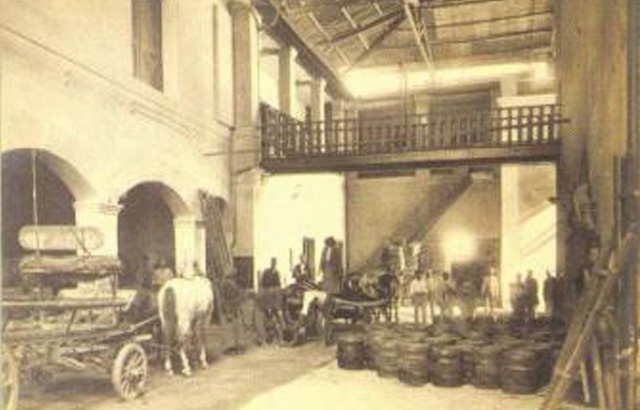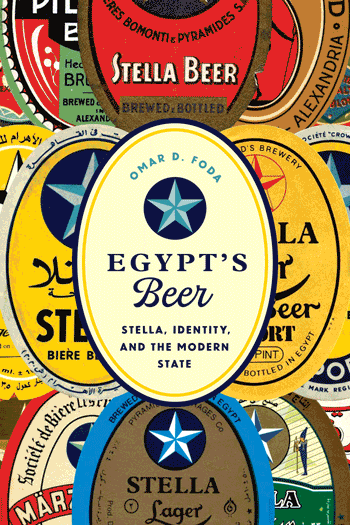Just over 10 years ago, International Beer Day was inaugurated in Santa Cruz as a day-long celebratory event dedicated to the popular brewed drink. Since, worldwide celebrations have taken place in breweries and pubs across the globe with connoisseurs and thirsty individuals gathering to taste and enjoy their favorite beers on the first Friday of the month of August.
Now we could brush this event aside as simply another one of those countless ‘International Days’ that seem to pop up all the time, were it not for the fun fact that beer has a history that can be traced back to ancient Egypt.
Surveying the kind of information, historical sources as well as the many speculations available about what is considered to be one of the world’s oldest and most popular beverages, it is possible to find countless passages referring to its early presence in Egypt.
In fact, with its emergence suggested to date back to the Predynastic period, beer has entered many pages of Egyptian history and evidence of its changing production and consumption patterns over time reveals much about the Egyptian economy, politics and class dynamics.
According to the book Beer: A Global History by Gavin D. Smith, a strong beer called heget, using herbs, ginger, juniper and saffron as flavoring agents was produced in Egypt from around 3,000 BC; the drink at the time was not just an intoxicant or thirst-quencher but used as an important carrier for medicine, just as it was offered to the gods, accompanying the deceased into afterlife.
Beer was apparently widely consumed during the so-called ‘Festival of Drunkenness’ (tekhi), which used to be celebrated in honor of Egyptian goddess Sekhmet during the first month of the ancient Egyptian year.

Elsewhere in the written history of ancient Egypt, it has been recorded that Egyptian tombs featured inscriptions of the brewing process, whereby barley was crushed, mixed with water and dried into cakes.
In terms of who drank beer, although it is generally suggested that all segments of Egyptian society did so, it was considered a staple and essential dietary component for working-class Egyptians; several history books notably allude to its value as a local currency back in the days when the pyramids in Giza were being built. At the time, pyramid builders would receive daily rations of beer as a form of payment and nutritious refreshment.
Fast-forward to modern Egyptian history, the beer industry foundation in 1897 is owed to Belgian businessmen, who established two breweries in Cairo and Alexandria, the Pyramid Brewery and Crown Brewery, which would both produce and sell a beer called Stella, albeit using different recipes.
In line with growing nationalist sentiments in the late 1930s, Heineken International first became a partner to the two breweries, before they were eventually merged into one Stella brand, when nationalized under Gamal Abdel Nasser’s government in the 1960s.
The company that would take over at this point, Al-Ahram Beverages Company (ABC), has since monopolized Egypt’s alcohol industry.

While up until the mid-twentieth century alcohol was frequently consumed in public, the industry began to get more restricted in the 1970s. The Egyptian state under Sadat issued laws that limited the places where alcohol was allowed to be sold and consumed, prohibited sale in many groceries and banned advertisements.
In 2002, ABC was re-acquired by the international Heineken Group.
For anyone familiar with Egyptian beer, here’s to enjoying a fresh Stella today, the single most-popular beer in Egypt to-date; alternatively, you might choose the similarly popular non-alcoholic rendition of Egyptian beer, Birell.

Curious to read more about the history of Beer in Egypt? This soon-to-be published book promises to be informative:
Omar D. Foda: Egypt’s Beer: Stella, Identity, and the Modern State (2019) (The University of Texas Press)






Comments (4)
[…] wine consumption was different from that of brewed beer. Wine was seldom found on the commoners’ tables, rather, it was made exclusively for the royalty […]
[…] Read a review in Egyptian Streets […]